Orbis – Ashley Gariepy
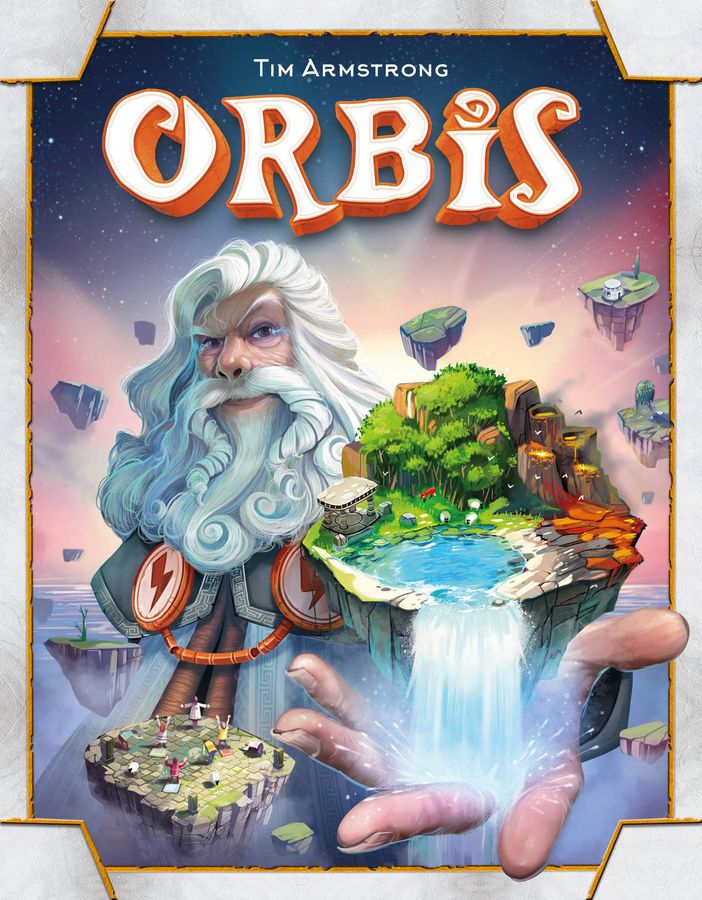
Orbis is the latest from new designer Tim Armstrong (Kaiju Crush and Bad Maps) and publisher Space Cowboys (Splendor and TIME Stories). When this game was first announced, there were rumblings and comparisons to Splendor– which immediately turned me off. Why do we need more games similar to it? I like Splendor and Splendor-like games (Century: Spice Road) quite a lot but I don’t want more of the same thing. Suffice to say, I wasn’t overly enthused to play Orbis.
Orbis is a tile placement game in which players are creating their own mythological world as a 15-tile pyramid. This is done by acquiring tiles and/or the resources (cubes) needed from an open market. Each turn a player will select one tile, pay its cost, and place it into their world (tableau). Every orthogonally adjacent tile to the one taken in the market will receive a cube matching the colour of the taken tile. When a player selects a tile with cubes already on it, they get both the cubes and the tile.
Tile placement is incredibly important in the game. At first, you only have your base as an option to add tiles. Once you have two tiles in your base, you can build up on the next level provided that the tile you are adding is the same colour as at least one of the tiles below it. If ever you get stuck and cannot legally place a tile, then it is flipped over and becomes a wasteland. Wasteland tiles will lose you points in the final scoring, but they do act as a wild coloured tile (which can sometimes really help you out). Most points are scored at game end according to the rules on each tile in your pyramid (which often involve tile placement or specific types of tiles in your pyramid).
I’m not on board with the Splendor comparison because, other than its economy, Orbis is very different. In fact, it feels more like an improved version of Viceroy…and I liked it a lot! Within a couple of rounds, the gameplay felt very tight as you try to get the necessary resources without giving other players too many or leaving them helpful tiles. The timing of when you choose to take a tile and how long you push your luck and leave it in the market also works so well. Orbis has the legs to stand on its own and doesn’t have to rely on comparisons to any other game.
★★★★★☆ Ease of Entry
★☆☆☆☆☆ Excitement Pre-Game
★★★★★☆ Excitement for Rematch
Read more from Ashley Gariepy.
Kariba – Andrew Holmes
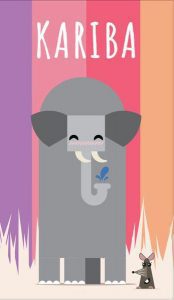
Kariba is a fast and adorable card game of animals chasing one another away from the watering hole. It’s cute. Super cute. It’s also tremendous fun. Each turn you play one or more animals of the same type to the watering hole. If your turn results in three or more of that animal type being at the watering hole then they scare all individuals of the next smallest animal. You collect the cards of that smaller animal and at the end of the game the winner is the player who has collected the most cards.
Kariba isn’t a game that’s likely to tax your mental capacity but there’s more depth to it than I thought at first. Every turn means you are affecting the current state of the watering hole. The game pace seems to move in phases, with a tactical building up of stacks of the 8 animal types until someone breaks and triggers a series of turns where everyone is claiming cards left, right and centre in a crescendo of cards. Then the game returns to its tentative state, players cautiously placing animals down and watching what everyone else is doing.
I played this game because of Andy Matthews’ excellent review and he wasn’t wrong. What appears to be simple and childish hides a more intelligent skeleton. I really enjoyed how quickly Kariba plays, in our game we were slapping cards down with barely a few seconds between each turn and fewer still during those glorious card claiming chains. Yet the momentum didn’t mean we weren’t thinking about our turns properly, it’s just that the simplicity of an individual turn kept the game snappy and fun. It was purposeful rushing and all the better for it. I’m looking forward to our next game, it’s a perfect filler, so easy to pick up and did I mention it was cute? So,so cute!
★★★★★★ Ease of Entry
★★★★☆☆ Excitement Pre-Game
★★★★★☆ Excitement for Rematch
Klunker – David McMillan
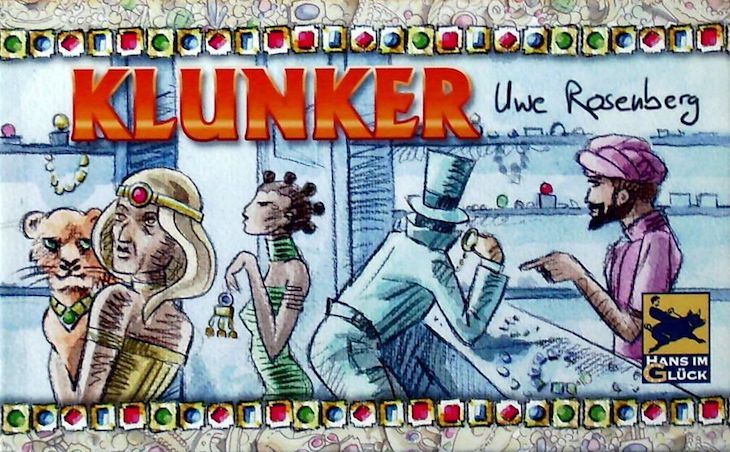
Psst. Hey you. Step in real close. I have something to tell you.
I am an Uwe Rosenberg fanatic. As such, I am always on the lookout for some of his more obscure and harder to obtain titles… like this one. Klunker is a clever little card game where the players are trying to collect different sets of items in order to score points. The cards in the game serve a dual purpose. On one side of the card is a piece of jewelry. Flip that card over and it becomes your currency. If you’ve ever played Bohnanza, you are no doubt familiar with this concept.
At the beginning of a round, each player holds a handful of cards. First they will take turns adding cards from their hands to their storefronts where they will become available for purchase by other players in a later phase. Then players take turns placing one card at a time from their hands into their safes. The first person to decline placing a card into their safe becomes the first person to have the option to buy cards in the next phase. The second person to bow out becomes the second person to buy, etc. In the final phase, the players take turns in purchase order purchasing all of the cards from any player’s storefront and then adding all of those cards into their safe. If any players declines to purchase it brings the purchase phase to an end instantly.
Placing cards into your safe can trigger a sale if placing the card causes you to have at least 4 of that card type. This placement will score you anywhere from $1 to $4 and the amount earned is entirely dependent on how many different types of jewelry are already in your safe. This is a game all about making money. The challenge is in trying to load up your safe in such a way that selling a jewelry type nets you the greatest amount of coin possible. Ideally you’d only want to have a single type of jewelry in there at a time, but this isn’t always possible because if you choose to purchase cards from other players, you have to purchase everything they’ve got for sale. So, not only are you trying to stack your own safe for a desirable outcome, you’re also trying to top load theirs to make their sales less profitable or create opportunities to cancel the purchase phase to prevent them from obtaining more cards entirely.
I really enjoyed this game. The strategy involved wasn’t immediately apparent to me, but as the game moved on, I was able to appreciate it more. Deciding which cards to put up for sale and which cards to hold wasn’t always an easy decision. I really enjoyed those turns where I managed to clean out my entire safe of 4 or 5 different jewelry types in a single turn. That felt very rewarding. The only thing that I dislike about Klunker is the 3 player minimum. That pretty much guarantees that this game isn’t going to hit the table as often as I’d like.
★★★☆☆☆ Ease of Entry
★★★★★★ Excitement Pre-Game
★★★★★★ Excitement for Rematch


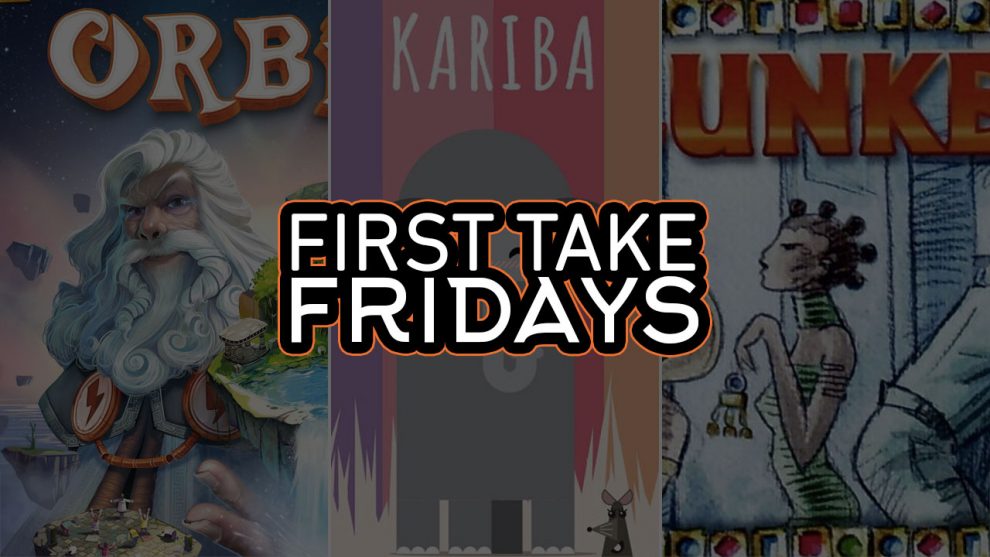
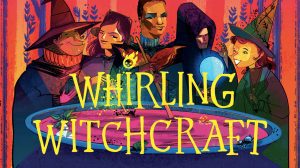
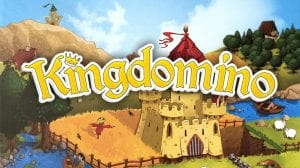






Add Comment